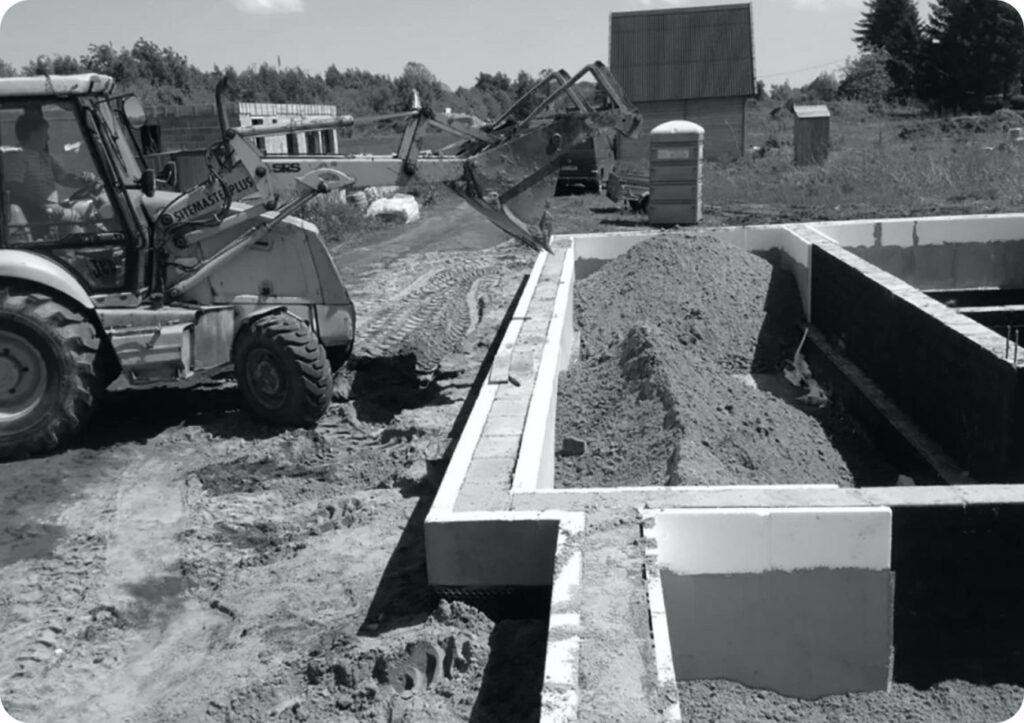In today’s post we will look at a topic that is not only fashionable these days, but also extremely important in the construction industry – we are talking about insulation. Insulating buildings is not only a matter of aesthetics, but above all comfort, energy efficiency and environmental protection.
Why Is Insulation Important?
- Energy Savings: Improving a building’s thermal insulation through insulation reduces heat loss. This means you need less energy to heat or cool the space, which translates into lower energy bills.
- Comfort: Insulation results in a more stable temperature inside the building. In the winter you avoid cold spots, and in the summer you are protected from the heat, which significantly increases the comfort of your home or work.
- Environmental protection: Less energy consumption also means less impact on the environment. Insulating your building is a step toward a more sustainable and eco-friendly lifestyle.
- Increasing Property Value: Insulation can increase the value of your property, as energy-efficient buildings are more attractive to future buyers or tenants.
Types of Insulation:
- External Wall Insulation: This is one of the most common methods of insulating buildings. It involves adding an insulating layer to the outside of the walls, which reduces heat loss and increases comfort.
- Roof Insulation: Roofs can also be insulated, which will reduce heat loss through the ceiling and help maintain a constant temperature in attic spaces.
- Basement or Foundation Insulation: Insulating the basement or foundation helps maintain a constant temperature in underground spaces and prevents moisture.
Insulating a building is an investment that brings many benefits, both financial and comfort. It reduces energy bills, improves quality of life and protects the environment. If you are thinking of modernizing your home or planning new construction, consider insulation as an important part of the project. It’s a step toward a future where we care about our comfort and the environment.



